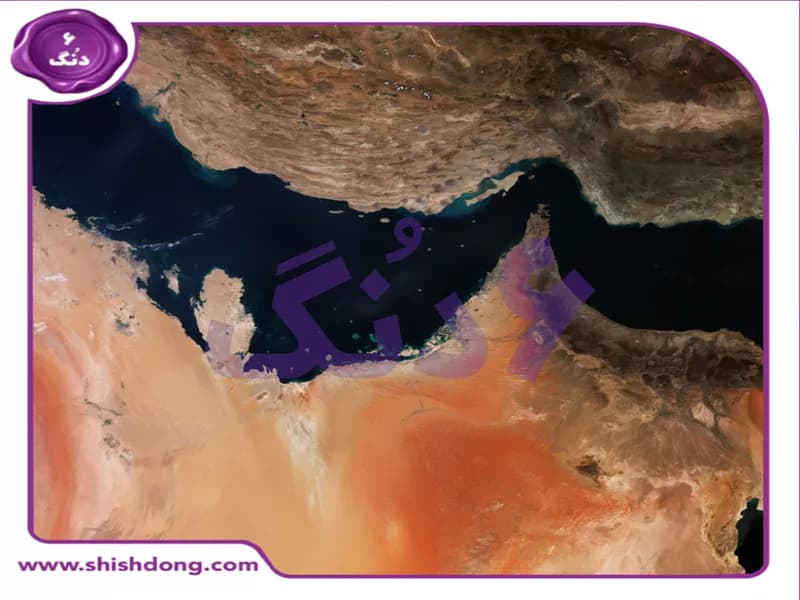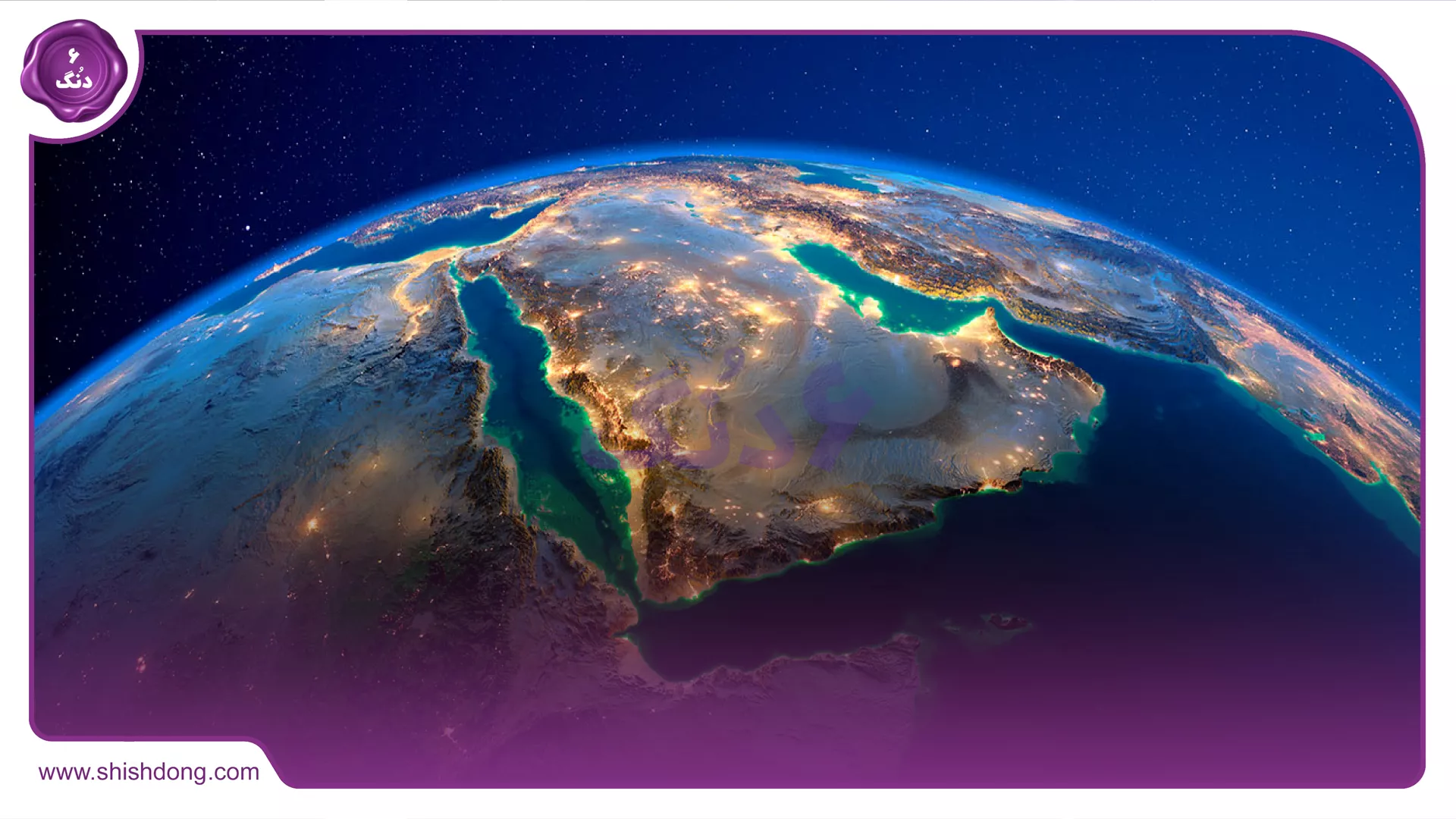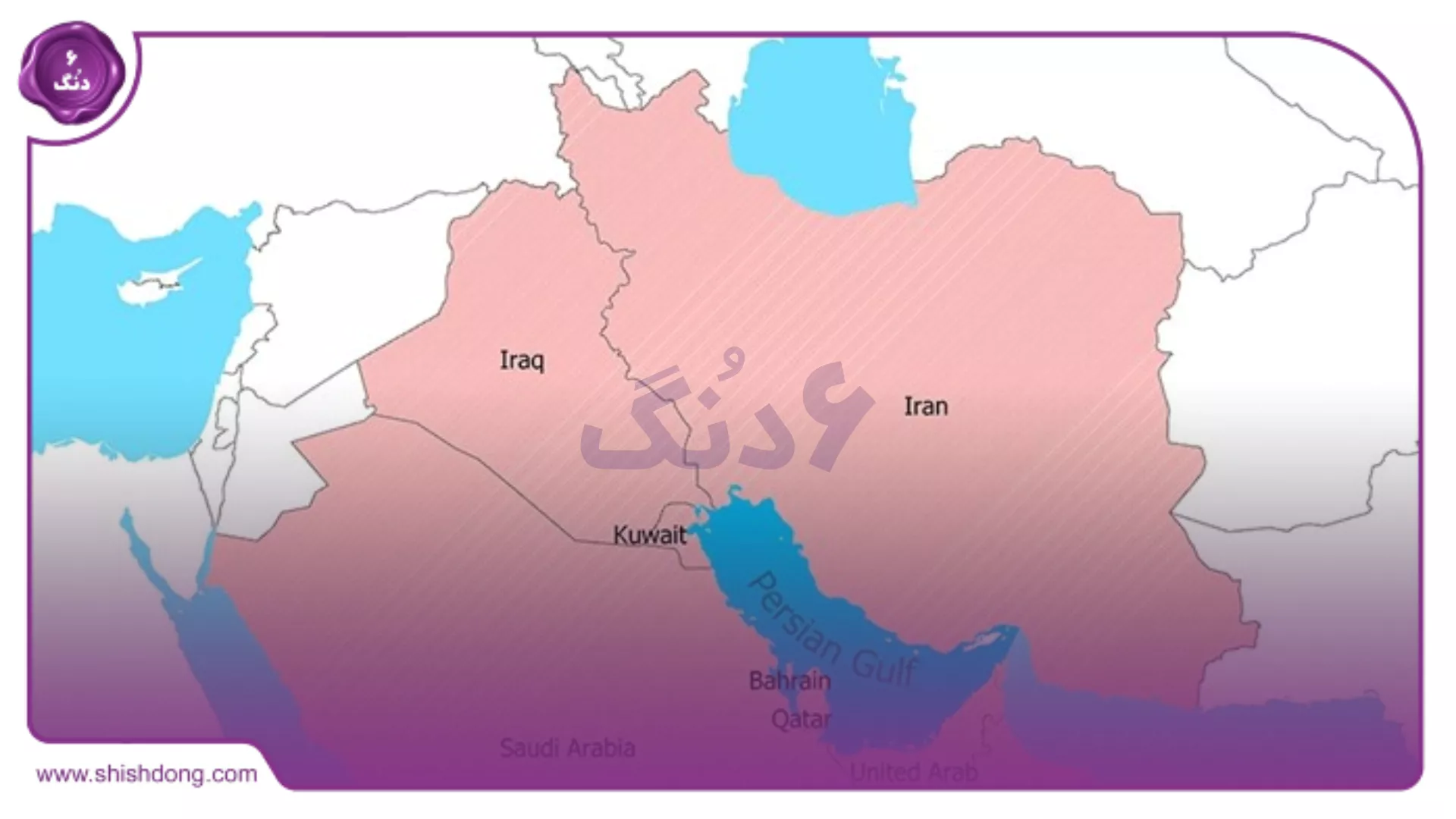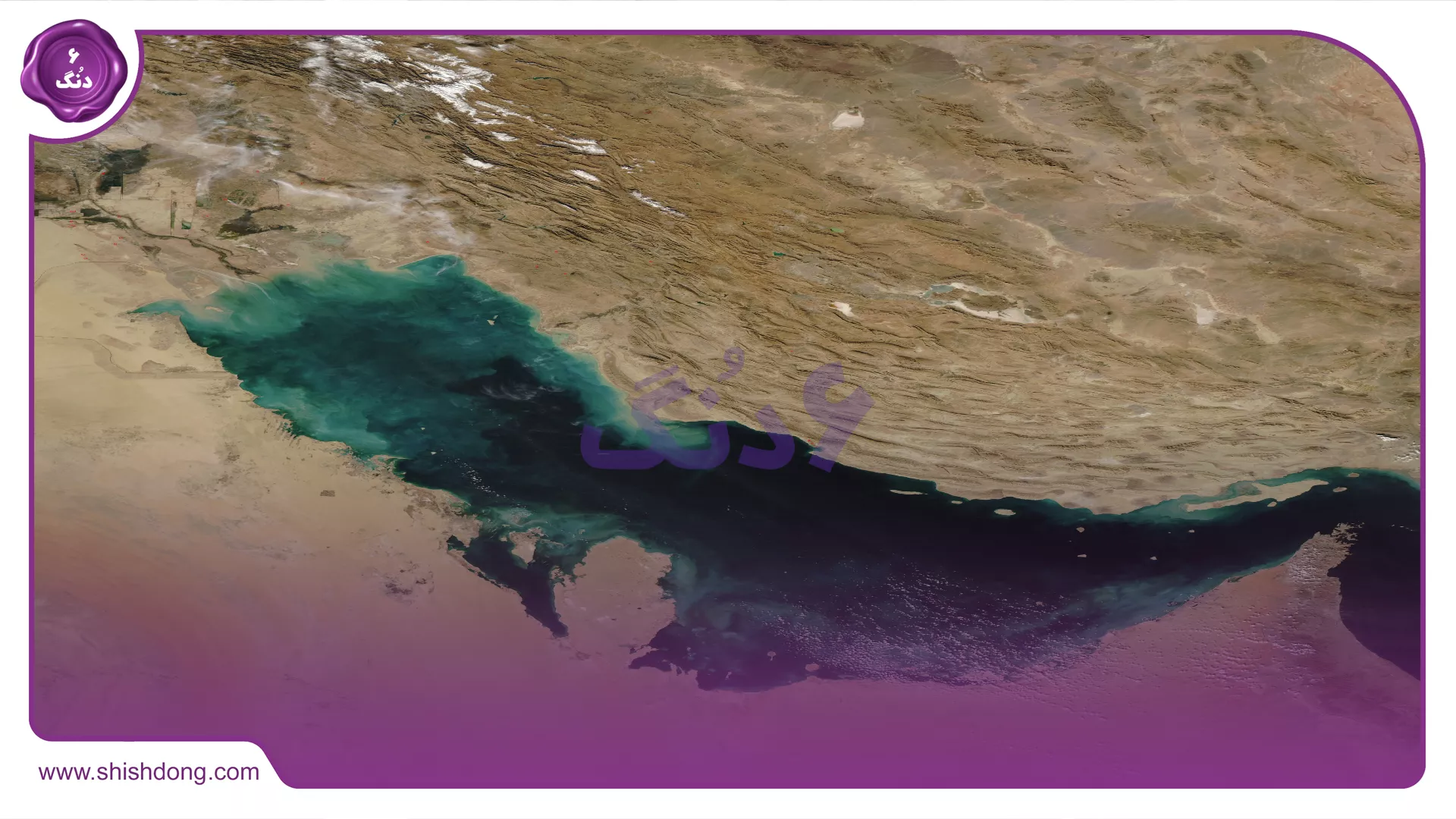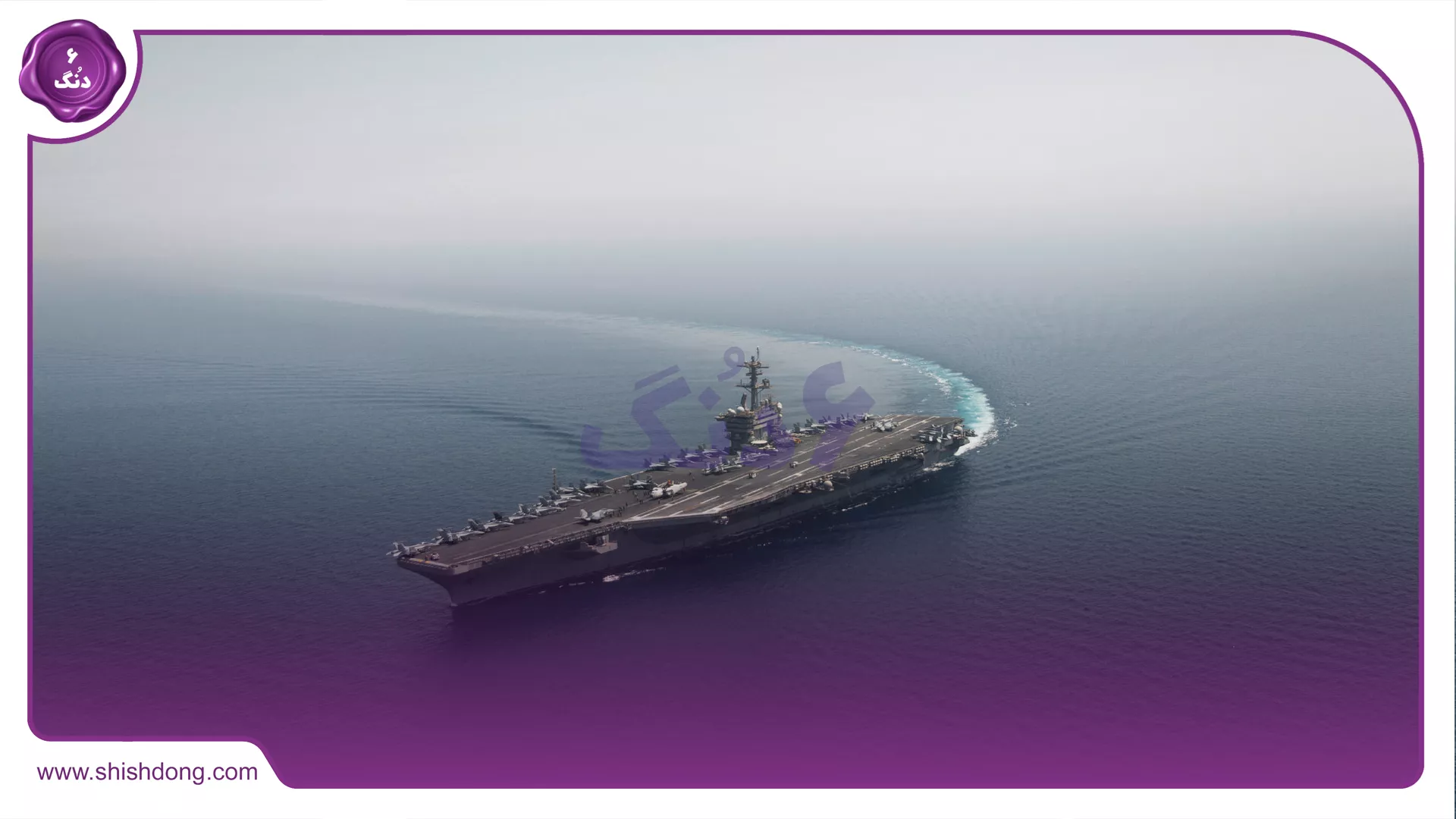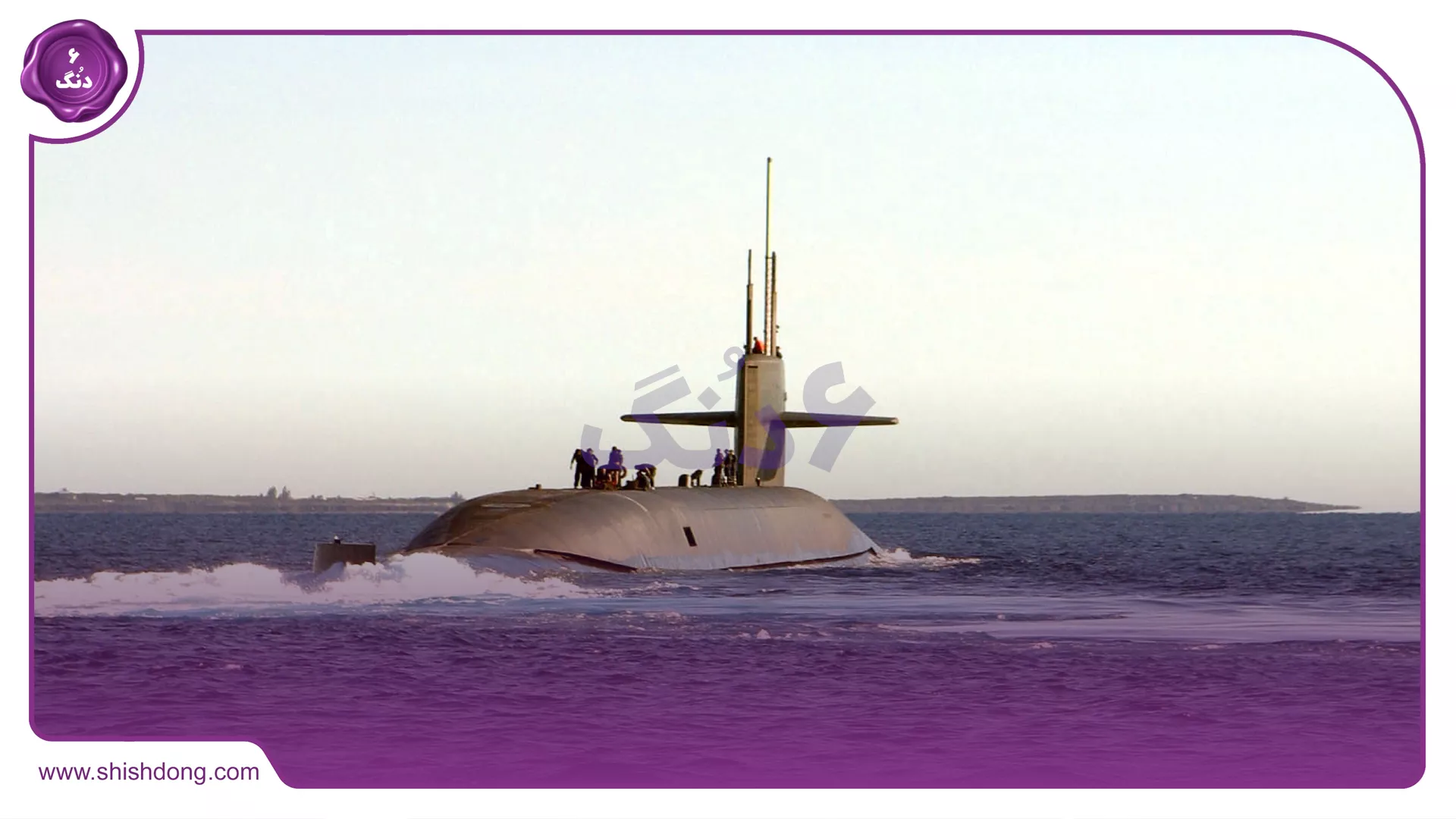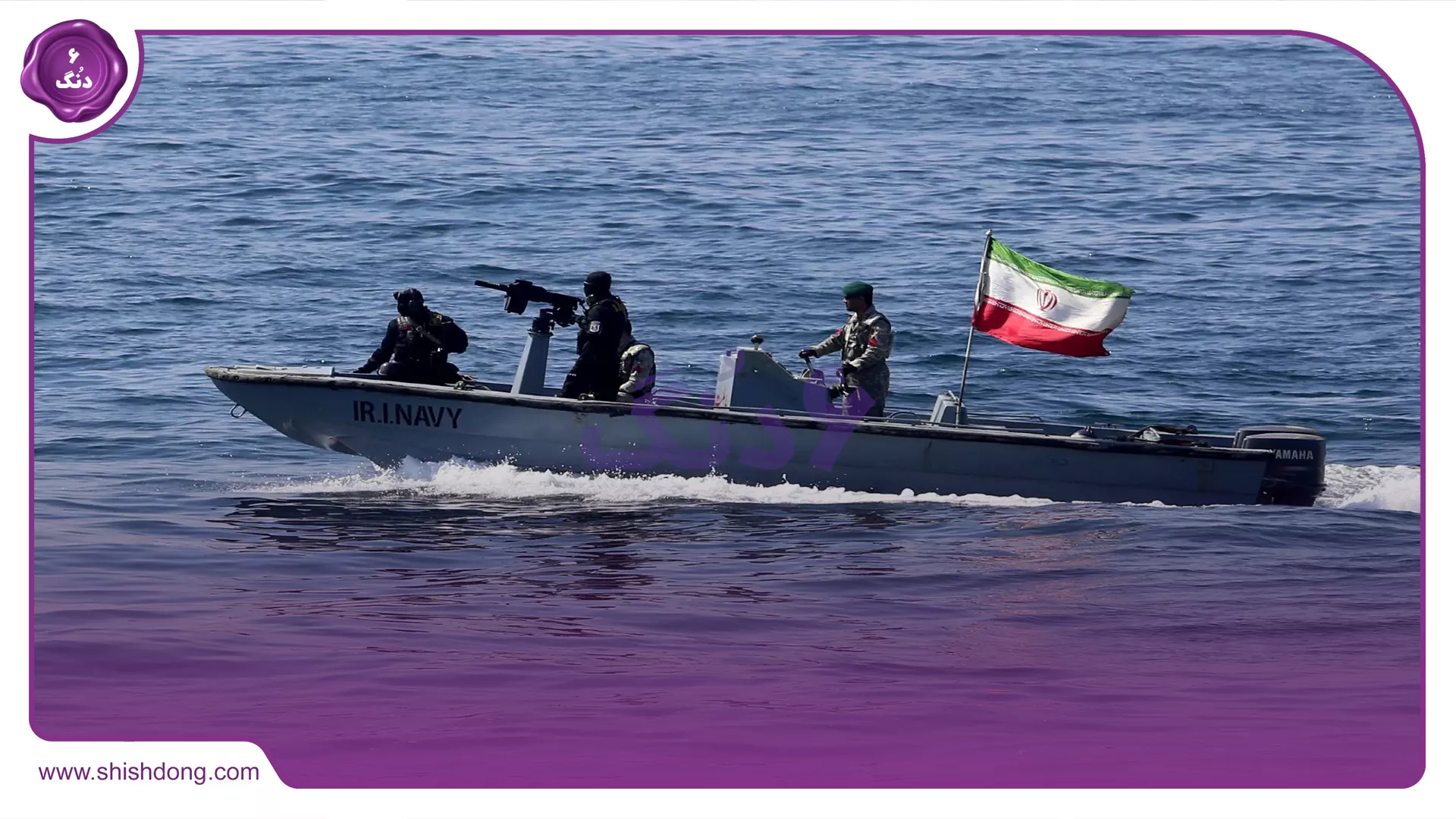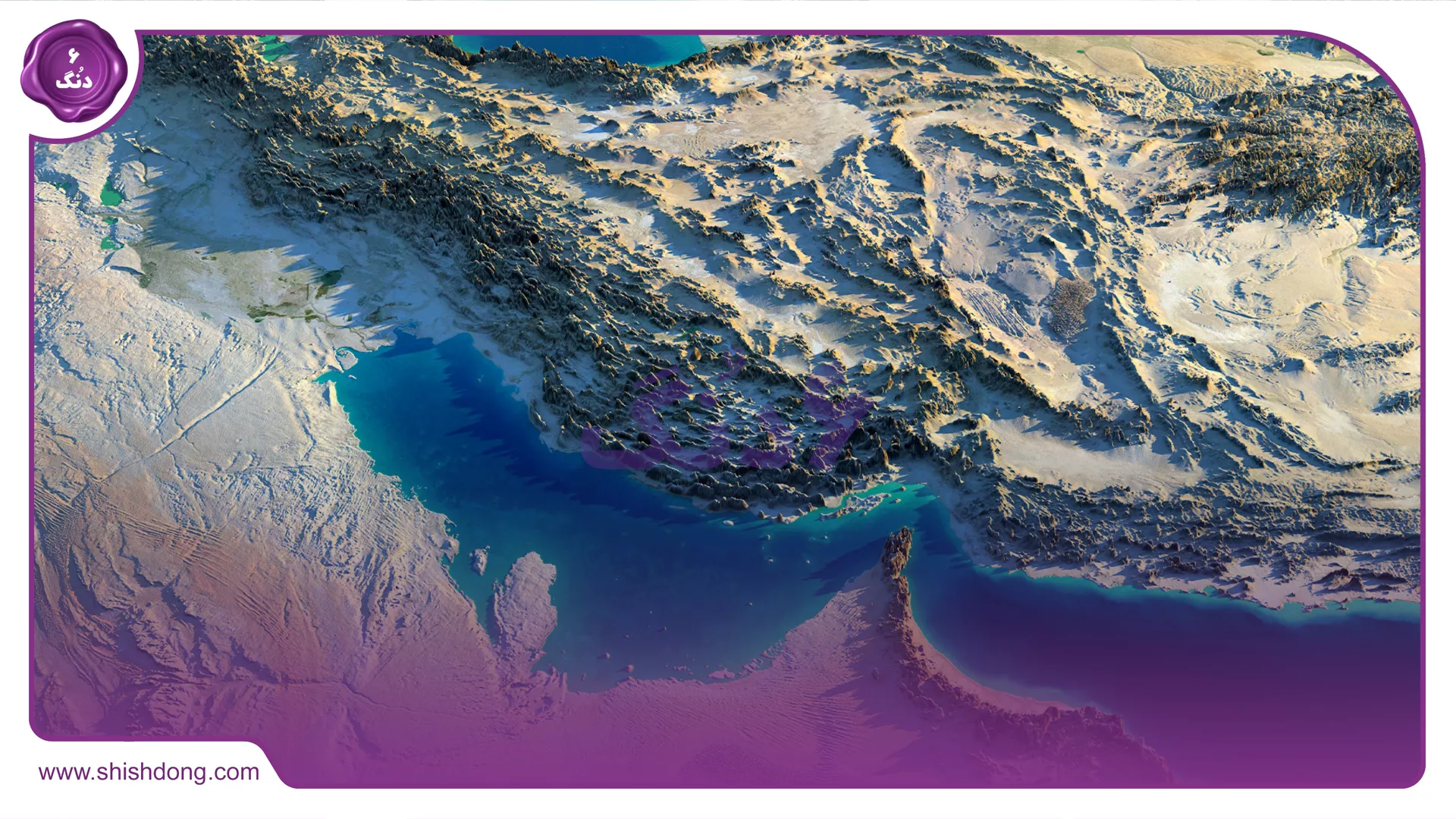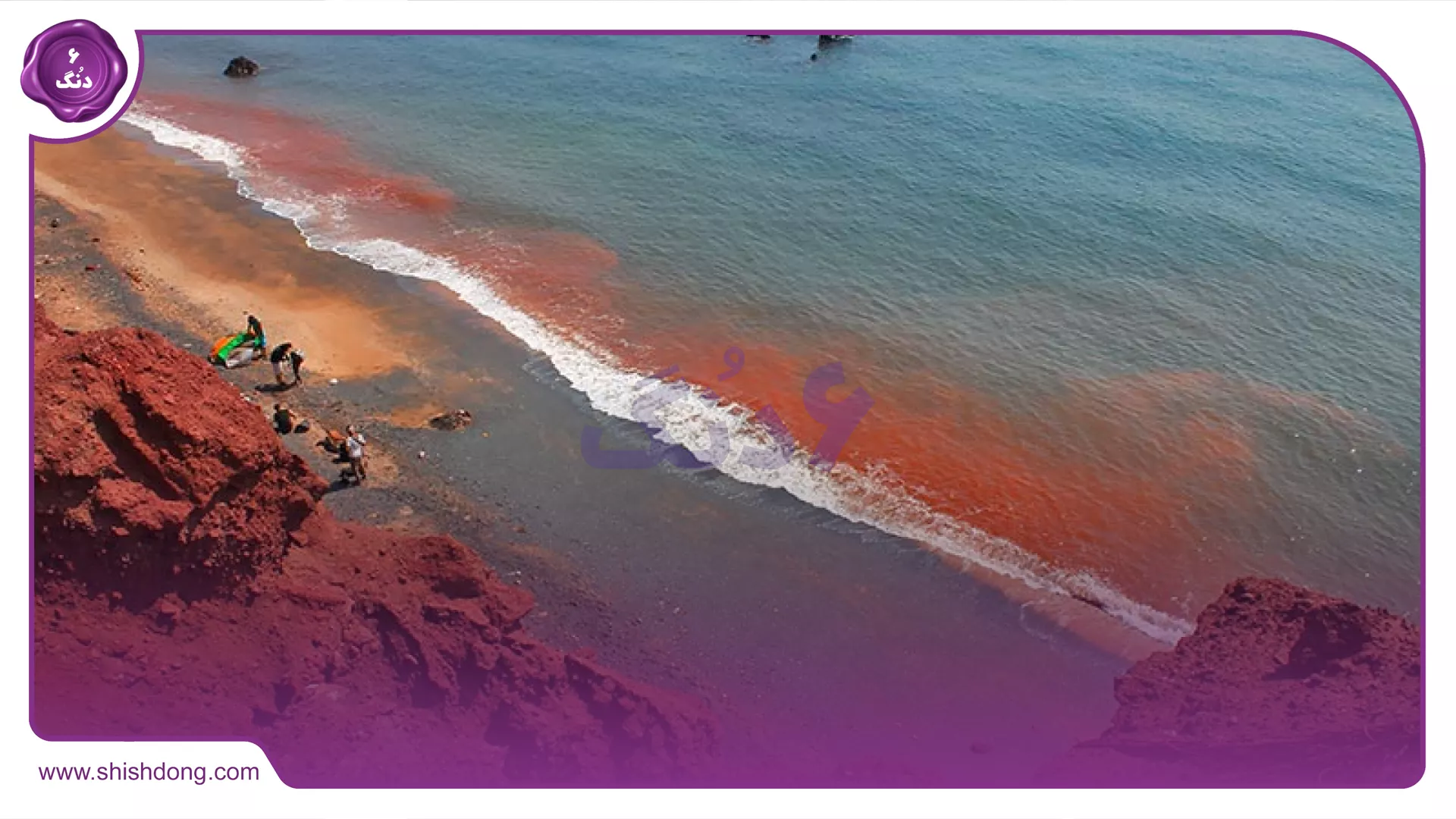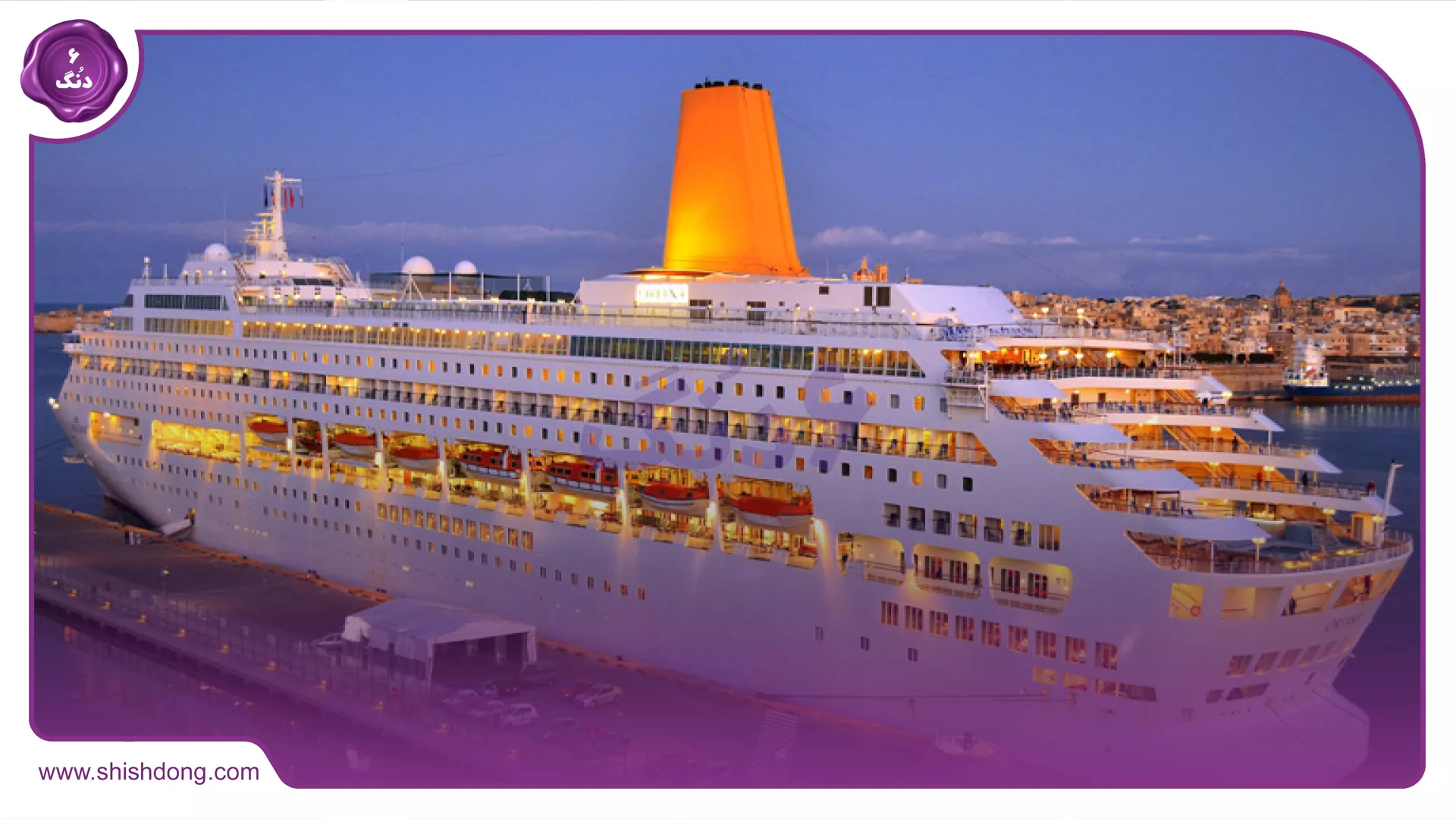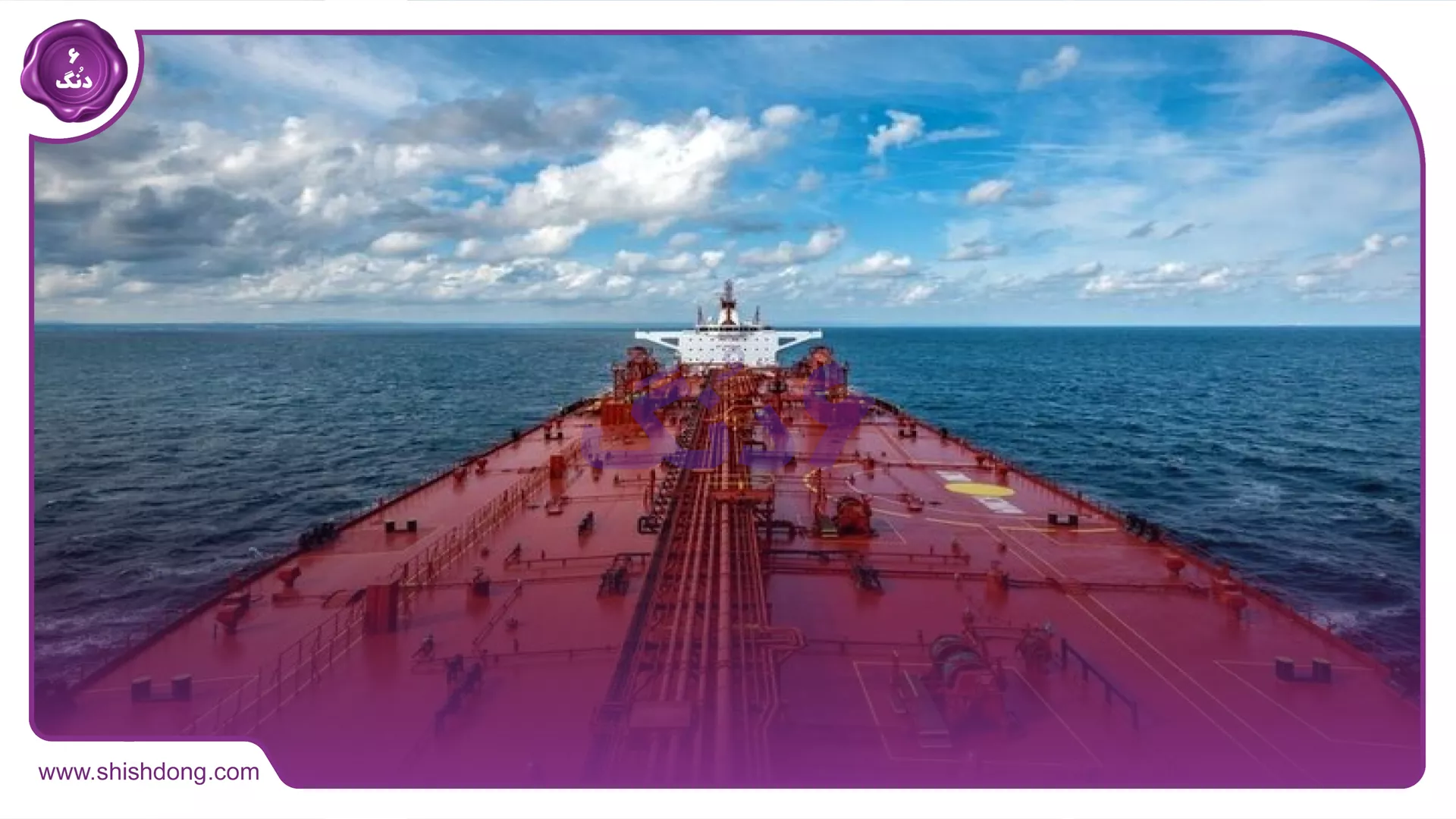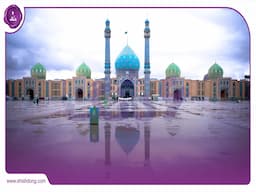Persian Gulf, the cradle of world civilization
The Persian Gulf, also known as the Arabian Gulf, is a body of water located in the Western Asia region. It is an extension of the Indian Ocean and is bordered by several countries, including Iran to the north, Saudi Arabia and Bahrain to the west, Qatar to the northwest, the United Arab Emirates to the northeast and Kuwait and Iraq to the northwest.
Persian Gulf
The Persian Gulf, also known as the Arabian Gulf, is a body of water located in the Western Asia region. It is an extension of the Indian Ocean and is bordered by several countries, including Iran to the north, Saudi Arabia and Bahrain to the west, Qatar to the northwest, the United Arab Emirates to the northeast and Kuwait and Iraq to the northwest.
The Persian Gulf is an important geopolitical and economic region due to its strategic location and vast reservesAA of oil and natural gas. It is a major shipping route for the transportation of oil and goods, connecting the countries of the Gulf region to markets around the world. The Gulf is also home to significant oil and gas fields, making it a significant source of global energy production.
Click to view Kish island real estate ads
The countries surrounding the Persian Gulf have diverse economies that rely heavily on oil and gas exports, as well as sectors such as finance, tourism, and construction. The Gulf region is known for its modern cities, luxurious developments, and iconic landmarks.
The Persian Gulf has a rich history and cultural heritage. It has been a center of trade and commerce for centuries, with various civilizations and empires flourishing along its shores. The region is home to vibrant cultures, including traditional Arab, Persian, and Bedouin influences. It boasts a diverse culinary scene, traditional music, dance, and art forms that reflect the unique heritage of the Gulf countries.
The Persian Gulf is also known for its warm climate, beautiful beaches, and marine life. It attracts tourists from around the world who come to enjoy water sports, scuba diving and explore the rich underwater ecosystems.
However, it's important to note that the naming of the body of water has been a subject of controversy and dispute. Some countries in the region refer to it as the Arabian Gulf, while others, particularly Iran, prefer to use the term Persian Gulf. The naming issue reflects political and historical tensions in the region.
Click to view Kish island real estate ads
- Geography: The Persian Gulf is a relatively shallow body of water, with an average depth of about 50 meters (164 feet). It covers an area of approximately 251,000 square kilometers (97,000 square miles). The Gulf is connected to the Arabian Sea through the Strait of Hormuz, which is a narrow waterway located between Oman and Iran.
- Natural Resources: The Persian Gulf is renowned for its vast reserves of oil and natural gas, which have played a significant role in shaping the economies of the countries in the region. The coastal areas of the Gulf are home to numerous oil and gas fields, making it one of the world's most important energy-producing regions.
- Marine Life: The Persian Gulf is home to a diverse array of marine life, including various species of fish, coral reefs, dolphins, sea turtles and migratory birds. The Gulf's warm waters and rich nutrients support a thriving ecosystem, although environmental challenges such as pollution and habitat degradation have impacted certain areas.
- Strategic Importance: The Persian Gulf holds great strategic importance due to its location and its role in global energy security. The Strait of Hormuz, located at the entrance of the Gulf, is a critical chokepoint for international shipping with significant volumes of oil passing through it. The region's geopolitical dynamics and its energy resources have made it a focal point of international politics and interests.
- Maritime Trade: The Persian Gulf has a long history of maritime trade and has been a key trade route connecting Asia, Europe and Africa for centuries. The coastal cities and ports along the Gulf have served as thriving centers of commerce, facilitating the exchange of goods, ideas and cultures.
Click to view Kish island real estate ads
- Climate: The Persian Gulf region experiences a hot desert climate characterized by extremely high temperatures in the summer, with temperatures often exceeding 40 degrees Celsius (104 degrees Fahrenheit). Winters are mild and pleasant. The climate, combined with the Gulf's warm waters, attracts tourists seeking beach destinations and water-based activities.
- Political Tensions: The region has experienced periods of political tensions and conflicts. Disputes over territorial boundaries, control of resources, and geopolitical rivalries have occasionally strained relations among the countries bordering the Gulf. The naming of the body of water itself, as mentioned earlier, has been a subject of contention.
It's important to note that the information provided here is a general overview, and specific details may vary. The Persian Gulf remains a dynamic and evolving region, and staying updated with current events and developments is essential for a comprehensive understanding of its geopolitical, economic and environmental aspects.
- Historical Significance: The Persian Gulf has a rich historical significance that dates back thousands of years. The region has been inhabited by various civilizations, including the Sumerians, Babylonians, Persians and Arabs. It has served as a crossroads for trade and cultural exchange, influencing the development of civilizations in the Middle East and beyond.
- Economic Importance: The Persian Gulf is a major economic hub due to its vast oil and gas reserves. The countries in the region, particularly Saudi Arabia, Iran and the United Arab Emirates, are among the world's leading oil producers. The revenues generated from oil exports have fueled economic growth, infrastructure development and urbanization in the Gulf countries.
Click to view Kish island real estate ads
- Strait of Hormuz: The Strait of Hormuz, located at the mouth of the Persian Gulf, is a narrow waterway that is crucial for global energy security. It is one of the world's most important maritime chokepoints, through which a significant portion of the world's oil supply passes. The strait is strategically significant, and any disruptions to the flow of oil through this narrow channel can have significant effects on global oil prices and energy markets.
- Environmental Challenges: The Persian Gulf faces various environmental challenges, including pollution, habitat degradation and the impacts of climate change. The rapid urbanization and industrialization in the region have led to increased pollution levels, affecting the water quality and marine life in the Gulf. Rising sea temperatures and sea level rise are also concerns for the coastal areas in the region.
- Military Presence: The Persian Gulf has witnessed a significant military presence due to its strategic importance and geopolitical dynamics. Several countries, including the United States, United Kingdom, Iran and Gulf Cooperation Council (GCC) nations, have military bases and naval forces stationed in the region. These military deployments are aimed at ensuring security, protecting vital shipping routes and maintaining regional stability.
- Tourism and Recreation: The Persian Gulf region has become an attractive destination for tourism and recreation. Countries like the United Arab Emirates, Qatar and Bahrain have developed modern cities, luxury resorts and entertainment attractions. Visitors can enjoy activities such as water sports, desert safaris, shopping, and experiencing the unique cultural heritage of the Gulf countries.
Click to view Kish island real estate ads
- Cultural Diversity: The Persian Gulf is home to a diverse range of cultures and traditions. The countries in the region have their own distinct cultural identities, influenced by their historical background, religion and local customs. The Gulf countries are known for their hospitality, traditional music and dance, Arabian cuisine and architectural landmarks such as mosques and souks.
These are just a few additional aspects of the Persian Gulf. The region continues to evolve and its geopolitical, economic, and environmental dynamics shape its present and future. It remains an area of global significance with ongoing developments and opportunities.
- Regional Cooperation: Countries in the Persian Gulf region have established various regional cooperation organizations to promote economic and political collaboration. The Gulf Cooperation Council (GCC) is a political and economic union consisting of six member countries: Saudi Arabia, Kuwait, Bahrain, Qatar, the United Arab Emirates and Oman. The GCC aims to enhance cooperation in areas such as trade, finance and security among its member states.
Click to view Kish island real estate ads
- Maritime Security: Given the strategic importance of the Persian Gulf, maritime security is a significant concern. Piracy, smuggling, and maritime disputes are among the challenges faced in the region. Countries in the Gulf have taken steps to enhance maritime security by conducting joint patrols, sharing intelligence and cooperating with international naval forces to combat piracy and ensure the safety of shipping routes.
- Island Nations: The Persian Gulf is home to several island nations, including Bahrain and Qatar. These nations have unique cultural identities and have developed their economies based on industries such as finance, trade and tourism. Island nations in the Gulf often serve as regional hubs and host international events, conferences and sporting tournaments.
- Environmental Conservation: Recognizing the importance of preserving the marine ecosystem and addressing environmental challenges, efforts have been made to promote environmental conservation in the Persian Gulf. Initiatives include coastal clean-up campaigns, coral reef protection and the establishment of marine protected areas to safeguard biodiversity and habitats.
- Cultural Festivals: The Persian Gulf region celebrates various cultural festivals and events that highlight the traditions and heritage of the local communities. Festivals like the Dubai Shopping Festival, Qatar National Day and Bahrain International Music Festival attract visitors from around the world offering a glimpse into the vibrant cultural scene of the Gulf countries.
Click to view Kish island real estate ads
- Mega Infrastructure Projects: The Gulf countries have undertaken ambitious infrastructure projects to diversify their economies and attract investment. These projects include the construction of iconic skyscrapers, artificial islands, luxury resorts and world-class transportation networks. Examples include the Burj Khalifa in Dubai, the Pearl-Qatar in Doha and the King Fahd Causeway connecting Bahrain and Saudi Arabia.
- Sports and Events: The Persian Gulf has become a destination for major sporting events. Qatar hosted the 2022 FIFA World Cup which brought international attention to the region. The United Arab Emirates hosts Formula 1 races, international tennis tournaments and golf championships. These events contribute to the tourism industry and promote the region as a global sporting destination.
It's important to note that the Persian Gulf region is dynamic and continually evolving. Economic, political, and cultural developments shape its landscape and influence its global significance. Staying updated with current events and trends will provide a deeper understanding of the region and its ongoing transformations.
- Urbanization and Modernization: The cities along the Persian Gulf have experienced rapid urbanization and modernization. Dubai and Abu Dhabi in the United Arab Emirates, for example, have transformed into global business and tourism hubs with iconic skyscrapers, luxury shopping malls and world-class infrastructure. These cities attract international businesses, expatriate workers and tourists from around the world.
- Financial Centers: The Persian Gulf region is home to several prominent financial centers. Dubai, for instance, has established itself as a financial hub, hosting numerous international banks, financial institutions and investment firms. The Dubai International Financial Centre (DIFC) offers a business-friendly environment, serving as a gateway for investment and financial services in the region.
- Mega Projects: The Gulf countries have undertaken ambitious mega projects to diversify their economies and boost tourism. For example, Saudi Arabia's Vision 2030 plan includes the development of NEOM, a futuristic city aimed at attracting investment in sectors such as technology, energy and tourism.
Click to view Kish island real estate ads
- Cultural Preservation: The Gulf countries are committed to preserving their cultural heritage. Efforts have been made to restore historical sites, develop museums and promote traditional arts and crafts. For instance, the Sheikh Zayed Grand Mosque in Abu Dhabi showcases stunning Islamic architecture, while the National Museum of Qatar in Doha highlights the country's history and culture.
- Education and Research: The Gulf countries have invested heavily in education and research to foster knowledge-based economies. They have established renowned universities and research institutions that attract students and scholars from around the world. Qatar Foundation's Education City in Doha and the King Abdullah University of Science and Technology (KAUST) in Saudi Arabia are notable examples of such initiatives.
- Medical Tourism: The Persian Gulf region has become a popular destination for medical tourism, attracting patients seeking high-quality healthcare services. Countries like the United Arab Emirates and Qatar have state-of-the-art hospitals and medical facilities that offer advanced treatments and procedures. Medical tourists benefit from the combination of top-notch medical care and leisure opportunities.
- Space Exploration: The Gulf countries have also ventured into space exploration. The United Arab Emirates successfully launched its Mars mission, the Hope Probe, in 2020, becoming the first Arab nation to reach the Red Planet. The mission aims to study the Martian atmosphere and provide valuable scientific data.
These are some additional aspects that highlight the ongoing developments and achievements in the Persian Gulf region. The region's commitment to diversification, innovation, and cultural preservation continues to shape its global significance and influence various sectors of the global economy.
- Tourism and Hospitality: The Persian Gulf region has seen significant growth in the tourism and hospitality sector. Countries like the United Arab Emirates, Qatar and Oman have developed world-class tourist destinations, including luxury resorts, theme parks and cultural attractions. Dubai, in particular, is known for its extravagant hotels, shopping malls and entertainment offerings.
- Sports and Entertainment: The Persian Gulf region has become a hub for sports and entertainment events. Qatar, for example, has been hosting international sporting events such as the FIFA World Cup and the Qatar Tennis Open. The United Arab Emirates hosts Formula 1 races, international cricket tournaments and golf championships. These events attract athletes, fans and media attention from around the globe.
Click to view Kish island real estate ads
- Innovation and Technology: The Gulf countries are embracing innovation and technology as part of their economic diversification plans. Initiatives such as Dubai's Smart City project and Saudi Arabia's efforts to develop a tech-driven economy are driving the growth of sectors such as artificial intelligence, block chain and renewable energy.
- Art and Culture: The Persian Gulf region has become a vibrant center for art and culture. Major cities like Dubai and Doha have established art districts and host international art fairs and exhibitions. Museums, such as the Louvre Abu Dhabi and the Museum of Islamic Art in Doha, showcase a rich collection of art and artifacts from around the world.
- Women's Empowerment: The Gulf countries have made significant strides in promoting women's empowerment. Initiatives have been introduced to increase women's participation in the workforce, education, and leadership positions. Saudi Arabia, for instance, has lifted the ban on women driving and has granted women more rights and opportunities in recent years.
- Renewable Energy: The Gulf countries are investing in renewable energy sources as part of their sustainability efforts. Solar and wind power projects are being implemented to reduce dependence on fossil fuels and mitigate the environmental impact of energy production. The United Arab Emirates, for instance, has developed the world's largest single-site solar park, the Mohammed bin Rashid Al Maktoum Solar Park.
- Cultural Festivals and Events: The Persian Gulf region hosts a range of cultural festivals and events throughout the year. These include music festivals, film festivals, traditional celebrations and international conferences. Notable events include the Dubai Shopping Festival, the Abu Dhabi Film Festival and the Qatar National Day celebrations
These additional details highlight some of the key developments in the Persian Gulf region. The Gulf countries continue to evolve in various sectors, shaping their cultural, economic and technological landscapes.
- Economic Diversification: The Gulf countries are actively pursuing economic diversification strategies to reduce their reliance on oil and gas revenues. They are investing in sectors such as tourism, finance, logistics, manufacturing and technology. This diversification aims to create sustainable and resilient economies for the future.
- Infrastructure Development: The Persian Gulf region is known for its ambitious infrastructure projects. Countries like the United Arab Emirates, Qatar and Saudi Arabia are constructing mega-cities, high-speed railways, airports and ports to support economic growth and enhance connectivity within the region and with the rest of the world.
- Healthcare and Medical Research: The Gulf countries are investing in healthcare infrastructure and medical research. They are building state-of-the-art hospitals, medical centers and research institutions to provide advanced healthcare services. The establishment of medical cities and collaboration with leading international medical institutions contribute to the development of the healthcare sector.
- Education and Innovation Hubs: The Gulf countries are establishing themselves as education and innovation hubs. They are attracting renowned universities and research institutions, fostering academic excellence and promoting research and development. These initiatives aim to nurture talent, drive innovation and create knowledge-based economies.
- Sustainable Development: Environmental sustainability is a growing focus in the Persian Gulf region. Countries are implementing initiatives to promote renewable energy, energy efficiency, waste management and environmental conservation. They are also hosting international conferences and events related to sustainability and climate change.
- Cultural Exchanges: The Persian Gulf region is a melting pot of cultures with a diverse population comprising both locals and expatriates. The countries actively promote cultural exchanges and intercultural dialogue through events, exhibitions and festivals. This cultural diversity contributes to the vibrant and cosmopolitan atmosphere of the Gulf.
- Humanitarian Efforts: The Gulf countries are engaged in humanitarian efforts both within the region and globally. They provide aid and support to countries facing crises, natural disasters or conflicts. Humanitarian organizations based in the Gulf work towards alleviating suffering and improving the lives of vulnerable populations.
- Space Exploration: The Gulf countries are venturing into space exploration and satellite technology. The United Arab Emirates launched its first Mars mission, the Hope Probe, which aims to study the Martian atmosphere and climate. These space programs contribute to scientific research, technological advancement and inspire the younger generation.
Click to view Kish island real estate ads
- Cultural Preservation and Heritage: The Gulf countries are committed to preserving their cultural heritage. They are restoring historical sites, promoting traditional arts and crafts and establishing museums to showcase their rich history and traditions. Efforts are also made to document and safeguard intangible cultural heritage.
- Social and Economic Reforms: The Gulf countries are implementing social and economic reforms to promote inclusivity and improve the quality of life for their citizens. These reforms include changes in labor laws, women's empowerment initiatives and efforts to enhance social welfare systems.
These additional details reflect the ongoing dynamism and progress in the Persian Gulf region. The countries are focused on building diversified, sustainable and inclusive societies while preserving their unique cultural heritage.
Click to view Kish island real estate ads
translator: Saman Sayah


